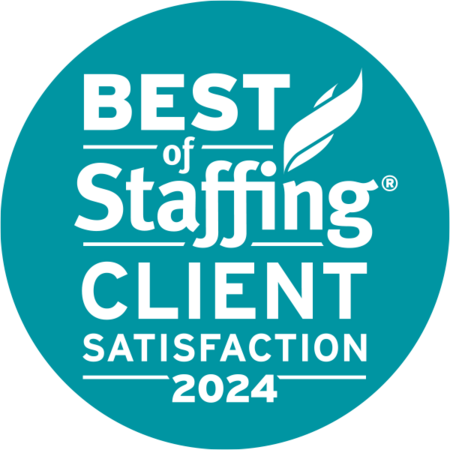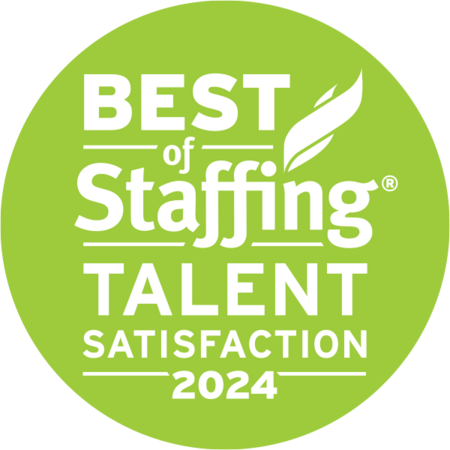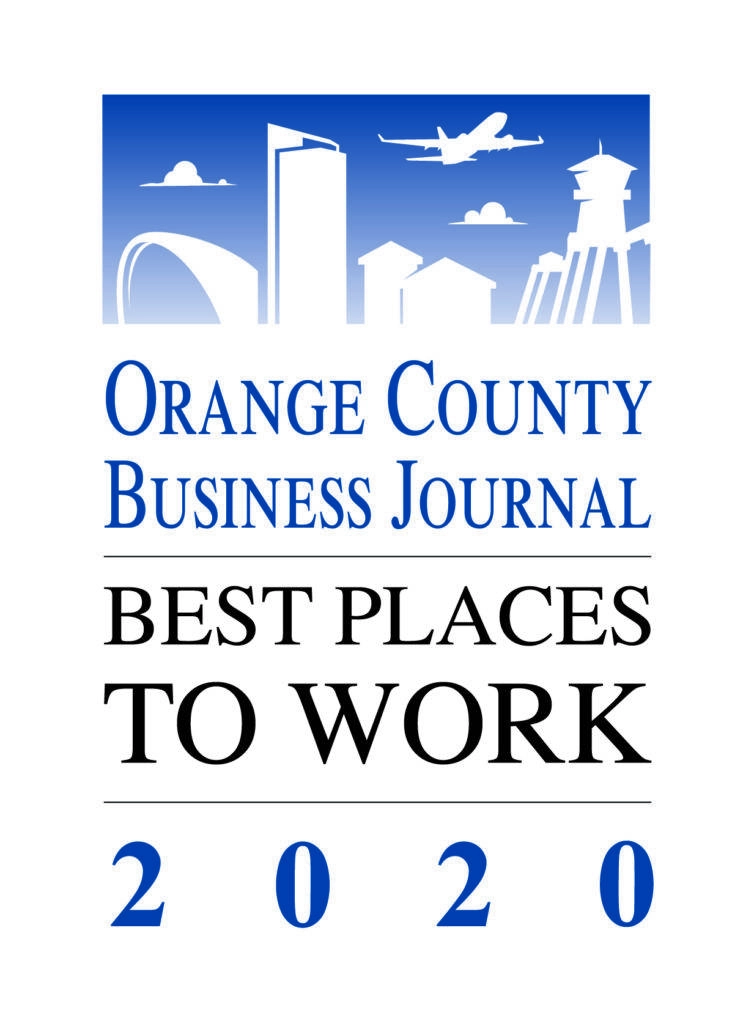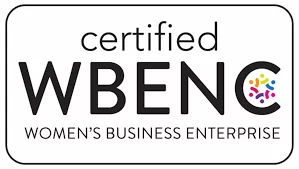Let’s be clear, hiring is always hard.
But it’s even more challenging in today’s world where we have increased competition and a labor market not bound by geography; a global skills shortage; and unprecedented economic volatility.
Combine that with the cost of a bad hire —which according to the Department of Labor can be up to 30% of an individual’s first-year compensation — and you have quite the hiring dilemma. So, what can you do?
Common wisdom shared throughout the business world has been to hire based on a candidate’s technical and soft skills. This certainly makes sense. Trying to prevent a bad hire, companies look for someone who has experience in every area. This becomes more common the closer you get to the executive suite, but it’s also seen with entry-level roles.
But is that really the right way? Is hiring someone who appears to have done everything you could conceivably want the best way to go? In a dynamic environment, how can we be assured that the skills and experience we need today will be able to meet the challenges of tomorrow?
An example to consider: When crafting a job description, a hiring manager wants at least five years’ experience, a specific credential and experience with a specific ERP. To some degree, this makes sense — they want to mitigate the risk of a bad hire while also ensuring the new team member is able to get up and running quickly. No matter how intuitive this may seem, it doesn’t necessarily translate to hiring the best person for the role.
- Even though they’ve worked on the same system, have they mastered it?
- Even though they have a long list of credentials, can they apply them to your specific work challenges?
- Even though they have management experience, does that experience translate to your unique team dynamics?
Some of the worst hires we have seen in the recruitment business have come through what — according to the candidate’s resume — looked like a perfect fit.
How do you fix it?
Unfortunately, there is no simple, one-size-fits-all solution. However, looking at hiring from a different perspective can help alleviate some of the common pitfalls.
Instead of searching for someone who has done it all, maybe it’s time to hire someone who can learn it all — someone with the right aptitude and attitude.
Companies like Zappos, Google and Southwest Airlines have already gone this route. Of course, there are core technical skillsets that need to be identified; but once those are met, it’s time to shift focus.
Instead of trying to align the challenges they have faced with the challenges you face today, try to dig deeper into their track record of success and their ability to learn.
Ask these questions:
- Will they be able to learn on the job?
- How have they expanded their current role?
- What is their track record for problem solving?
- Are they inquisitive? Are they self-directed learners?
These are just a few questions managers should be asking potential candidates as they try to ascertain what individuals can bring to the table.
With the ever-changing labor market in mind, more and more usage of big data tools, and the automation of routine tasks, hiring for the appropriate attitude and aptitude may be the most important thing any organization can do.
If a candidate has a track record of learning and succeeding, they’ll be much more likely to successfully navigate through any challenges or unforeseen events that arise. And their win, will be your win.
Related Articles
Working with a Recruiter During COVID-19 (ARG)
Preparing for 2021: Five Questions for Finance Teams in Q3 (Alliance Resource Group)
How CFOs Can Push Past Fear to Resilience (CFO Magazine)
Preparing Your Offices for the Return to Work (ARG)
Finance Team Optimization (Gartner)





